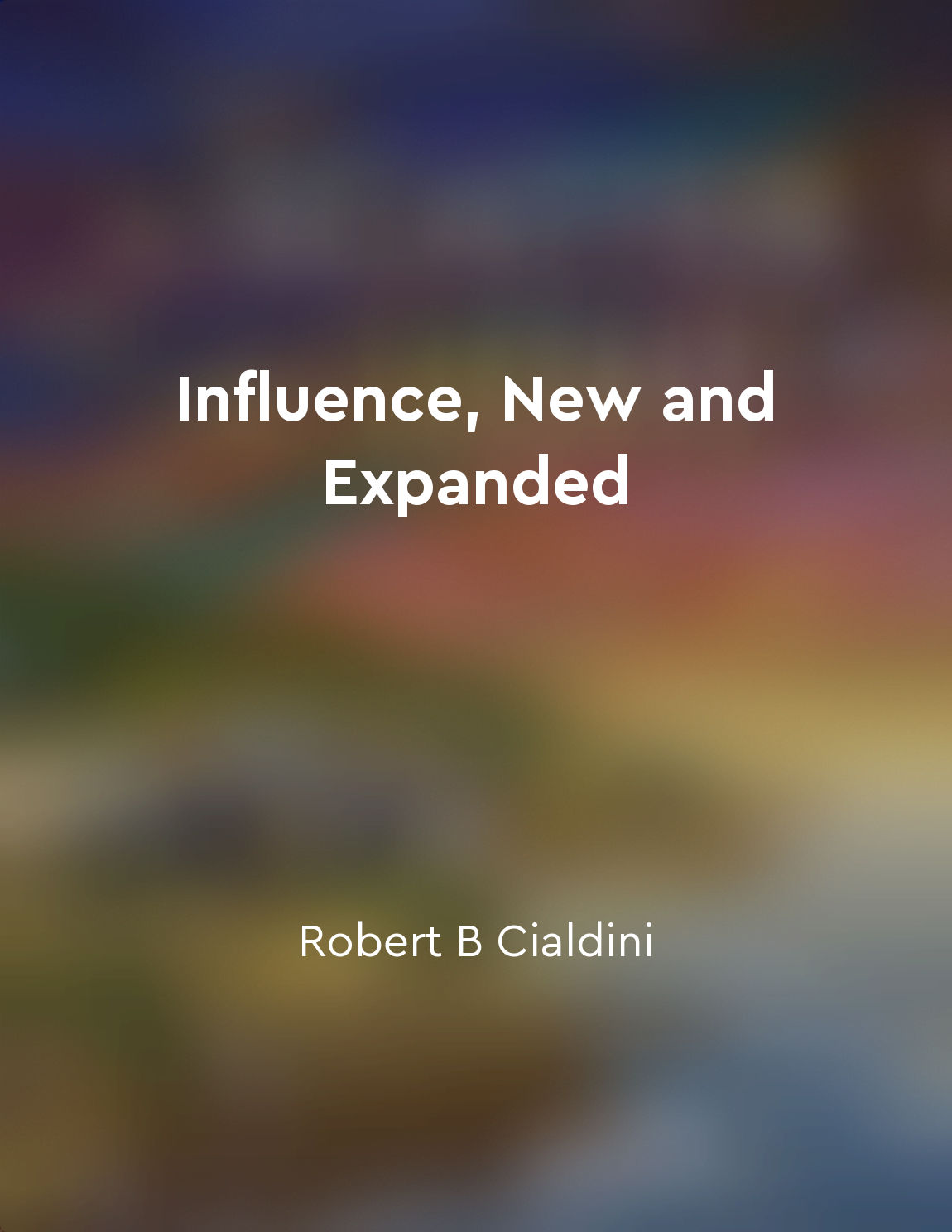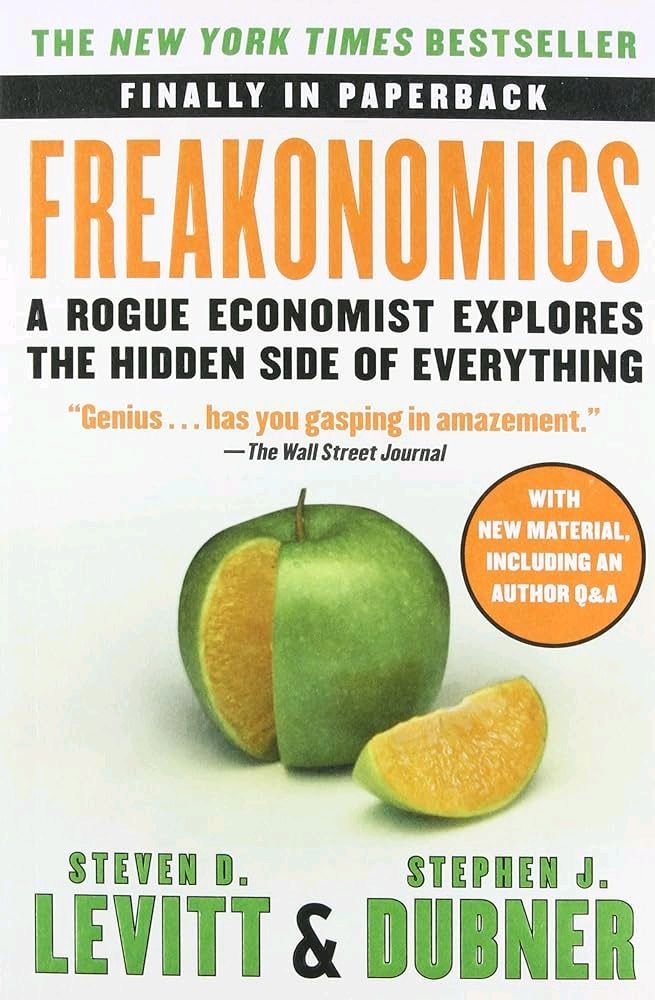Selfinterest drives human behavior from "summary" of A Treatise of Human Nature by David Hume
In examining human nature, it is evident that self-interest plays a fundamental role in driving human behavior. The desire for self-preservation and personal gain motivates individuals to act in ways that ultimately benefit themselves. This concept of self-interest is deeply ingrained in human psychology, shaping the way individuals perceive and interact with the world around them. When faced with choices, individuals are naturally inclined to prioritize their own well-being and happiness. This innate self-interest guides decision-making processes, prompting individuals to seek out opportunities that align with their personal desires and goals. In this sense, self-interest serves as a powerful force that drives human behavior, influencing actions and decisions at both conscious and subconscious levels. Moreover, self-interest is not l...Similar Posts
Neurotransmitters play a crucial role in shaping our behavior
In understanding the complexities of human behavior, one cannot overlook the pivotal role that neurotransmitters play. These ch...
Pursue your dreams and goals with determination
The key to living a fulfilling and successful life is to have dreams and goals that drive you forward. These aspirations give y...

Natural inequality exists but is not the cause of societal inequality
Natural inequality among individuals exists due to differences in physical and mental abilities. Some are stronger, faster, or ...
The power of storytelling in shaping perceptions
Storytelling has a mystical power that goes beyond mere entertainment; it can shape our perceptions in ways we may not even rea...

Progress is not predestined
Progress is not predestined. It does not follow a predetermined path laid out for it by some higher power or invisible hand. Th...

Emotions play a significant role in persuasion
The role of emotions in persuasion cannot be overstated. When trying to influence others, tapping into their emotions can be a ...

Making connections between seemingly unrelated factors can offer valuable insights
The world is full of complex and seemingly unrelated factors, but sometimes the key to understanding them lies in making connec...

The pursuit of happiness should be a lifelong journey
Happiness is not a destination one reaches and then stays at for the rest of their life. It is not a fixed point on a map that,...
Authenticity is important in relationships
In relationships, the concept of authenticity is crucial. Being authentic means being genuine, honest, and true to oneself. Whe...
Intelligent people suffer at the hands of fools
Intelligent people, being more capable than fools, are often at a disadvantage when interacting with them. Fools, lacking in in...
